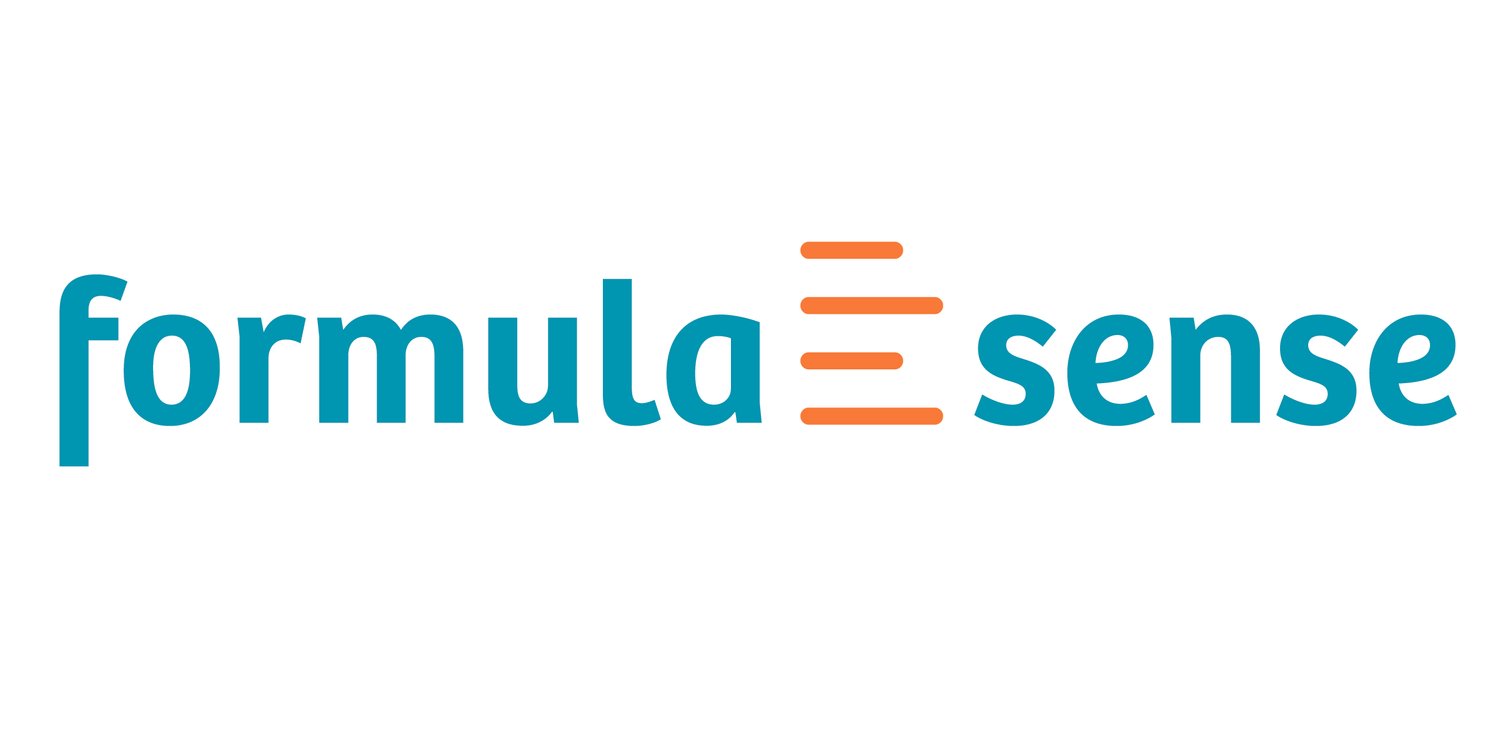What is Casein Hydrolysate?
[ pronounced: KA-seen hi-drawl-a-sate | kā-ˌsēn hī-ˈdrä-lə-ˌsāt]
Casein hydrolysate is a common ingredient in infant formulas that treat cow’s milk protein allergy (CMPA), one of the most common allergies in infants. As an infant formula ingredient it rarely causes an allergic reaction.
Casein is one of the two main proteins found in all mammalian milks, including cow and human milks. The second word of this ingredient, hydrolysate, gives us a big hint about its form. A hydrolysate is a substance produced by hydrolysis. Hydrolysis is a chemical process that uses water to break a compound down into smaller pieces (from Greek, hydro = water; lysis = break down). Thus, casein hydrolysate is casein protein that has been broken down into smaller pieces. These pieces are called peptides.
Unlike the whey version, casein hydrolysate is usually extensively hydrolyzed rather than partially hydrolyzed. The additional break down means it is safe for babies with CMPA. Indeed, for about 90% of infants with CMPA, pre-digested casein hydrolysate sneaks past the hypersensitive immune system and does not cause a reaction.
Regulation and Safety
In the United States, formulas for CMPA are classified as “exempt formulas”, meaning they are exempted the primary regulations for infant formulas. However , they are not free from government oversight, exempt formulas must meet specific terms and conditions. Casein hydrolysate has been tested for safety by researchers and formula manufacturers (Abbott and Mead Johnson.) All formula manufacturers have comprehensive, ongoing quality assurance programs to test for safety.
Dietary Considerations
Both whey and casein hydrolysates can be made with non-Kosher enzymes. These enzymes are usually of animal origin. Parents and providers should check the formula label for Kosher and Halal designation.
